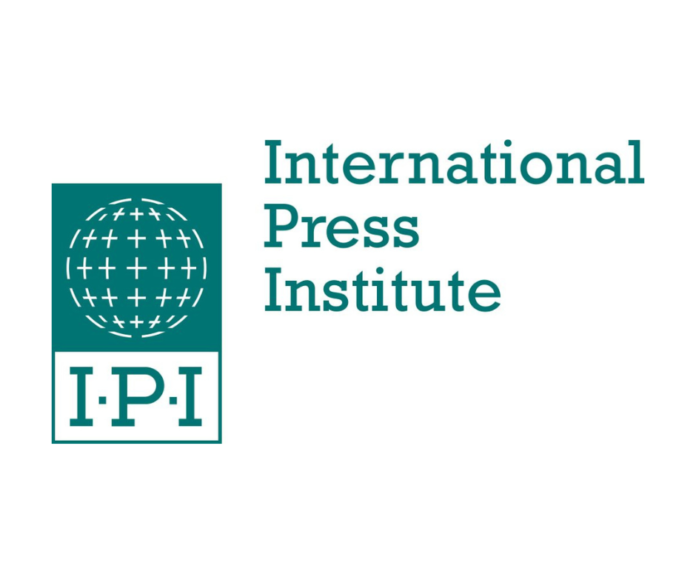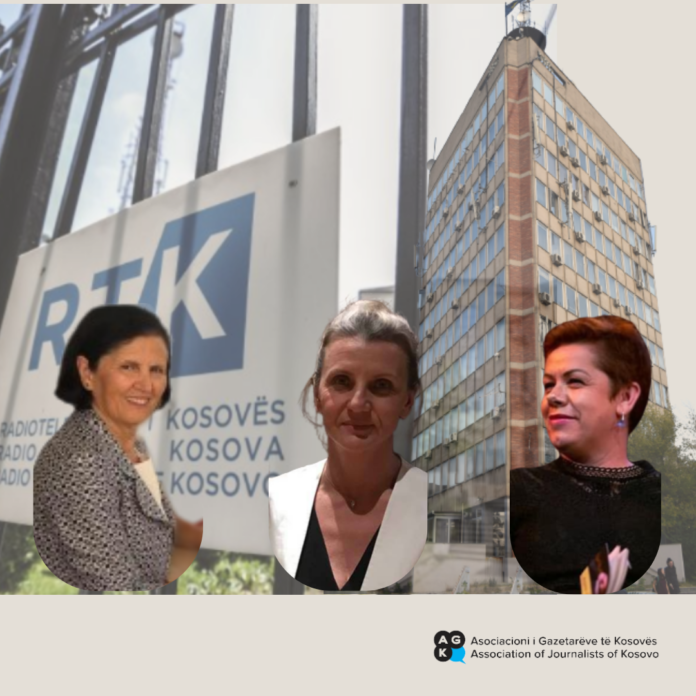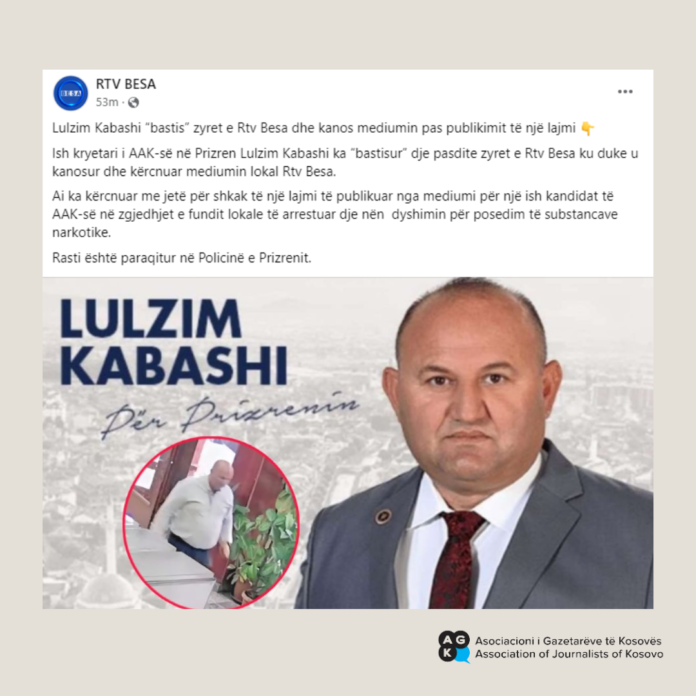The Coalition for Media Freedom warns that the latest draft versions of the Law on Public Information and Media and the Law on Electronic Media, which were prepared by the Ministry of Information and Telecommunications, deviate significantly from the Media Strategy and render meaningless the key measures agreed upon by the media and journalists’ associations in 2020 and the Government of the Republic of Serbia.
The solutions offered by the Ministry in the Law on Public Information and Media enable the continuation of funding of media that frequently violate the Code of Journalists of Serbia, promote violence and use hate speech targeting dissidents of the authorities. Even though several months ago they themselves voted for the article of the Law that ensures that the Press Council’s data on violations of the Code of Journalists of Serbia is one of the key criteria for evaluating media that apply for co-financing of media projects from public funds, the representatives of the Government in the Working Group for drafting of this Law at the last moment before the public debate, make this legal solution meaningless by introducing the possibility that, practically, every media can establish its own self-regulatory body and issue certificates of compliance with the Code.
The text of the Law on Electronic Media proposal, contrary to the objectives of the Media Strategy as a document defining the Government’s policy in the field of media, waives the election of a new convocation of the Council of the Regulatory Authority for Electronic Media (REM), and practically enables the smooth continuation of the work of the current REM Council. In addition to the fact that the existing members of the Council do not meet the requirements for membership in that body as defined by the new proposal of the Law, numerous domestic and international reports have been marking the REM Council as a critical point in selective and ineffective media regulation for years.
Contrary to the practice applied when it comes to other independent mechanisms, such as the Commissioner for Information of Public Importance and Personal Data Protection, or the Commissioner for the Protection of Equality, the Government insists on preserving the REM in the state administration system and thus continuing the illegal control over the work of bodies that should represent an independent regulatory body.
For incomprehensible reasons, the representatives of the Government refuse to adopt the obligation of the Council of REM to adopt the Code of Labor of the members of the Council, which would prevent the current practice of abuse of this institution and arbitrariness in (non)decision-making.
Although the harmonization of domestic legislation with the European Audiovisual Media Services Directive was one of the key reasons for changes to the Law on Electronic Media, this directive was not consistently reflected in the proposal of the new Law, especially in relation to the provisions governing the freedom of reception and rebroadcasting.
Furthermore, with the proposal of the new Law, civil and judicial control of REM’s work is impossible, and organizations that send reports due to the behavior of media service providers are denied the right to protect the public interest in the field of information.
With the cynical explanation that the issue of the official campaign is not dealt with by the Media Strategy, but by the working group for the improvement of the political process, the Government refused to adopt the ODIHR recommendations related to the media coverage of the official campaign.
Finally, in both laws, the Government inserted an identical article at the last moment, which enables the state to return to ownership of the media and subsequently legalizes the current ownership of Telekom Srbija in the media, which is contrary to the current laws. In this way, the Government cancels the previous media reform and brings solutions contrary to the Media Strategy, which mandates the end of the privatization of the media.
We note that the Coalition has been participating and delegating its members in working groups for the amendment of media legislation for two years already, as well as that we very constructively sent our proposals, objections and comments within the given deadlines, all for the purpose of improving the situation in the media system, and improving the media pluralism and the right to public information.
Representatives of the Coalition participated in all meetings of the new working group in the period from November 2022 to April 2023, when all communication from the new ministry stops for more than three months. In the previous period, representatives of the Coalition participated in the work of working groups for the development of the Media Strategy and for monitoring its implementation.
The Coalition’s objections to these legal solutions are fully aligned with the current Media Strategy, which at one time received support and was adopted by the Government of Serbia. The strategic document is aligned with the Audio-Visual Media Services Directive (AVMSD) and is an important step forward in EU integration.
We believe that the solutions offered by the Coalition contribute to solving essential and strategically important issues. In addition, they also offer innovative solutions related to public information and media pluralism, especially in the digital space, which promotes the values of a new reflection of the regulatory and self-regulatory framework for media work, and strengthens the position of independent regulatory bodies.
The Coalition for Media Freedom believes that there are no conditions for the fulfillment of the Media Strategy nor conditions for the necessary reforms in the media system if the Government sticks to its legal proposals.
Also, if the public debate on media laws begins without the aforementioned key provisions, the Coalition will not be able to support such proposals and will seek support for its positions through public advocacy.
The Coalition for Media Freedom consists of the Association of Media, the Association of Online Media (AOM), the Independent Association of Journalists of Vojvodina (NDNV), the Independent Journalists’ Association of Serbia (NUNS), the Business Association of Local and Independent Media “Local Press” and the Slavko Curuvija Foundation.










